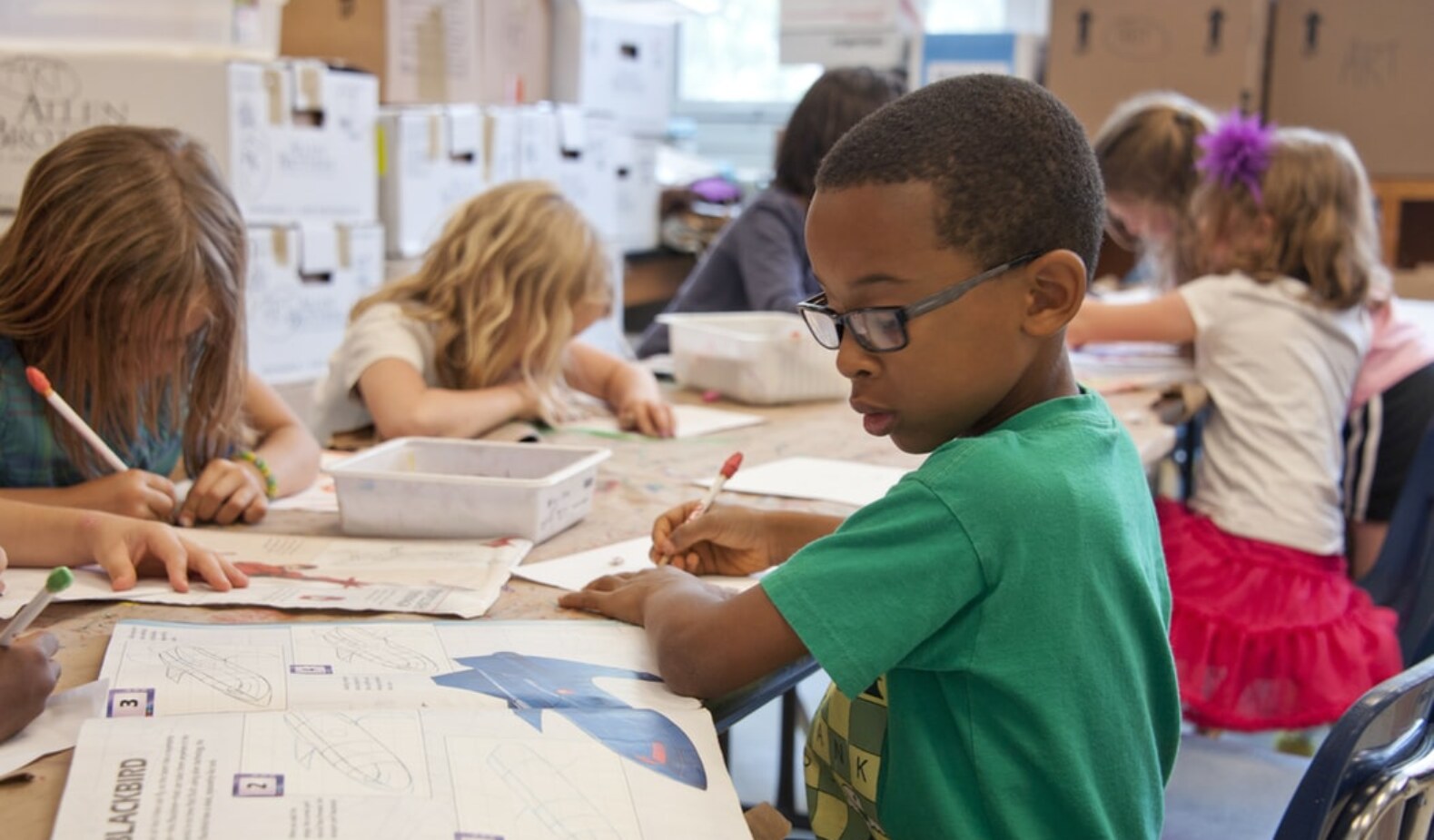Table of Contents
How does the French education system work?
The education system of a country is indicative of the political choices of a nation. It carries with it a strong cultural and historical heritage. In this case, the French education system is based on major principles, some inspired by the revolution of 1789, laws passed between 1881 and 1889, under the Fourth and Fifth Republics as well as the Constitution of October 4, 1958. The principle major summarizing in a few words the basic foundation of the French education system is as follows: “The organization of free and secular compulsory public education at all levels is a duty of the state.”
Main principles
Freedom of education
In France, there are both public and private schools. Both are subject to state supervision, but the latter is not directly under governmental control. Rather, it is linked to it by a contract. This freedom to organize and provide education is integral to freedom of expression in a society. However, only the state is empowered to award university degrees. Thus, diplomas issued by private schools are only of value if they are recognized by the state.
Free access
Free primary and secondary education has been established since the law of May 31, 1933. Education being provided in schools and public establishments is free. Note that textbooks are free up to the third grade, as are the various materials or supplies for collective use.
The neutrality
Indispensable but strategic prerequisite for an education system in a democracy, its neutrality. Public education is neutral, meaning that it imposes on students and teachers the requirement of philosophical and political neutrality.
Secularism
The principle of secularism has been one of the most fundamental foundations of the French education system since the end of the 19th century. No religion in public education, for a secular education that respects individual differences. This has been relevant since the laws of March 28, 1882 and October 30, 1886. This involves the obligation of instruction, and the secularism of personnel and programs. Note that this principle of secularism has been reinforced at the state level since the law of December 9, 1905. To ensure respect for the beliefs of students and their parents, this involves:
- An absence of religious instructions in the programs
- Respect for secularism on the part of the staff
- The prohibition of proselytism
Compulsory schooling
In France, education is compulsory since the Jules Ferry law of March 28, 1882. It applies from the age of 3, for all children and up to 16 years, whether they are French or foreign and residing in France. Thus, there are two possibilities for the family:
- Educate your children in a public or private school
- Ensure the education of her children herself (involving a prior declaration to the State)



Leave a comment